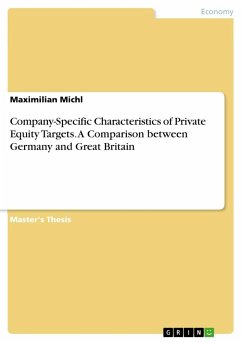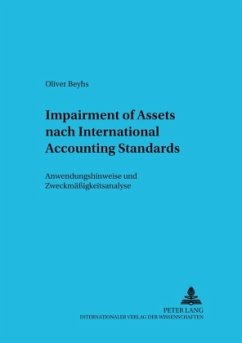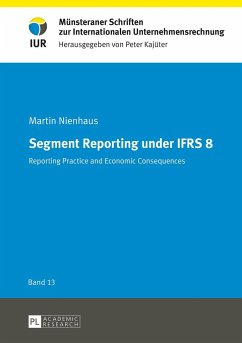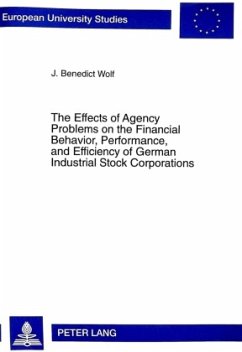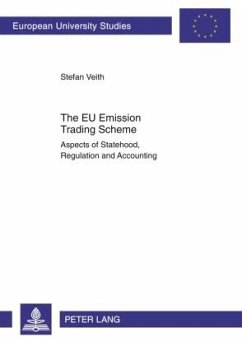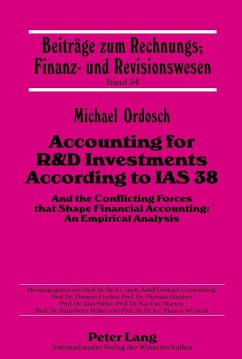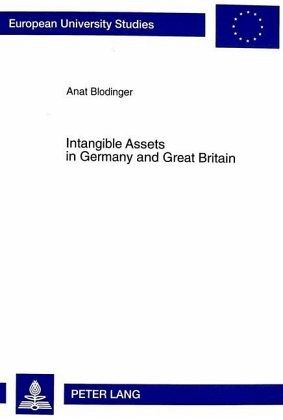
Intangible Assets in Germany and Great Britain
An Accounting Comparison
Versandkostenfrei!
Versandfertig in 6-10 Tagen
68,95 €
inkl. MwSt.

PAYBACK Punkte
0 °P sammeln!
A successful international harmonisation of accounting standards necessitates a detailed analysis of existing differences as well as their cause. This study provides such an analysis, exemplary for the area of intangible assets and two countries, namely Germany and Great Britain. Differences and similarities are determined in a thorough comparison of current accounting rules. The 'Environmental Determinism Theory' is then applied to examine whether the observed differences can be explained based on the legal system, the tax system and the capital market structure existent in each country. Fina...
A successful international harmonisation of accounting standards necessitates a detailed analysis of existing differences as well as their cause. This study provides such an analysis, exemplary for the area of intangible assets and two countries, namely Germany and Great Britain. Differences and similarities are determined in a thorough comparison of current accounting rules. The 'Environmental Determinism Theory' is then applied to examine whether the observed differences can be explained based on the legal system, the tax system and the capital market structure existent in each country. Finally, an approach towards a harmonisation of accounting standards with respect to intangible assets is suggested that takes into account not only the economic and legal environment in which accounting operates in Germany and Great Britain but also current international developments.



